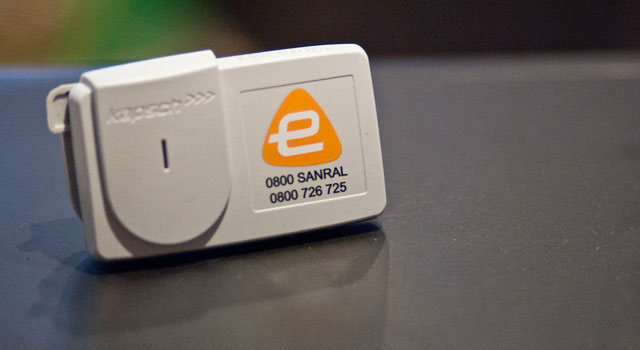
The Opposition to Urban Tolling Alliance (Outa) on Tuesday welcomed a new legal offensive against e-tolling by two political parties.
“We maintain the legislation lacks both ethical legitimacy, as well as formal lawfulness,” chairman Wayne Duvenage said in a statement.
“We trust this latest legal challenge will now seize the opportunity inherent in the applications brought by the political parties and more importantly, [ensure] the lawfulness matters as raised by Outa are eventually assessed.”
He said Outa had no doubt that if e-tolling was reviewed on the basis of rationality, workability, and the rights of citizens, it would be scrapped.
On Thursday, the Democratic Alliance and the Freedom Front Plus announced they would each bring high court applications to fight the constitutionality of the e-toll bill signed by president Jacob Zuma in September.
FF Plus spokesman Anton Alberts said at the time the party, agricultural union TAU SA, and the National Taxpayers’ Association would launch an application in the high court in Pretoria on Friday.
He said the bill was classified incorrectly and they would launch the application as a separate association, the Toll Gate Action Group.
Both parties argue that e-tolling would affect the competency of provincial government and municipalities by affecting urban planning, public transport, and traffic regulations.
Outa said the applications would give the Gauteng legislature another chance to scrutinise the rationality and desirability of e-tolling.
“The judiciary could now do a great service to society by referring the matter back to the legislature for proper debate, which is what should have happened at the outset, following a thorough public participation process,” Duvenage said.
On 25 September, Zuma signed into law the e-tolling enabling legislation, the Transport Laws and Related Matters Amendment Bill. A legal challenge to e-tolling by Outa was dismissed by the supreme court of appeal on 9 October.
Outa announced on 18 October that it did not have enough money to continue the legal fight against e-tolling. Outa’s argument remained that roads agency Sanral and government did not conduct a proper public participation process. — Sapa




